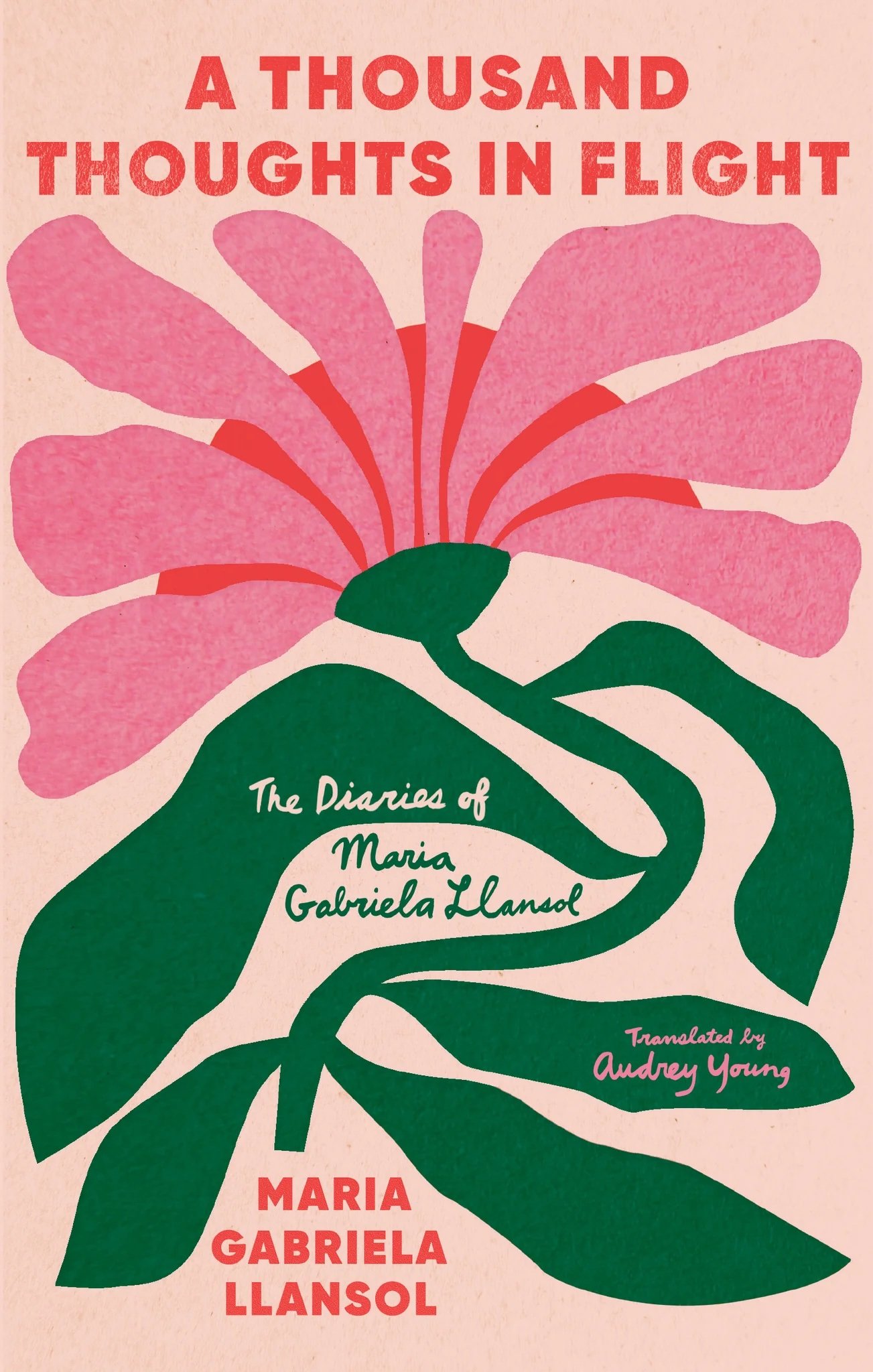maria Gabriela Llansol
Maria Gabriela Llansol (1931-2008) is a singular figure in Portuguese literature, one of the greatest writers of the 20th century, yet never before translated into English. Although entirely unknown in the United States, she twice won the award for best novel from the Portuguese Writers’ Association with her textually idiosyncratic, fragmentary, and densely poetic writing; other recipients of this prize include José Saramago and António Lobos Antunes. Upon her death in 2008, she left behind twenty-seven published books and more than seventy unpublished notebooks, all of which evade any traditional definitions of genre. Despite this body of work, only a few short pages have ever been translated into English. In 1965, Llansol left Lisbon and moved to an isolated village in the Belgian countryside. She would spend twenty years there in voluntary exile, teaching at the local school, translating Rimbaud and Baudelaire, and reading medieval mystics. Unlike her contemporaries back in Portugal, she did not write to describe reality, but rather to exist through the process of writing. Eliding any sense of plot, her texts instead transcribe the movements of bodies and animals and light. (They “correspond to inner earthquakes,” she would say in an interview.) Her first novel, The Book of Communities, was published in 1977. It is the first volume of Geography of Rebels, a trilogy of novellas mapping a series of encounters between poets, mystics, beguines and heretics, all of which take place in another version of the medieval war between peasants and princes in Central Europe. Llansol appropriates figures like Saint John of the Cross and Thomas Mu¨ntzer and pulls them into a transhistorical dialogue, constructing a succession of what she calls “luminous scenes,” where they coexist outside of time. She was born in Lisbon, where her bibliophile father was chief accountant at a paper factory and her doting mother a housewife. She graduated with a degree in law from Lisbon University in 1955 and two years later obtained a degree in educational sciences. She then ran a nursery school before publishing her first short stories in 1962, inspired by her interaction with children. In 1965 she and her husband Augusto Joaquim moved to Belgium, in voluntary exile from the repressive regime of António de Oliveira Salazar. The couple became part of a cooperative that ran an experimental school, and also made and sold furniture and food. While living in the hamlet of Herbais, Llansol immersed herself in literature, philosophy and theology, particularly the social history of Europe and medieval mystic poets. The experience of educating children from a variety of backgrounds and nationalities - some with problems such as autism or Down's syndrome - influenced her work considerably. So did the perspective afforded by living and working in a foreign language, in an isolated community far from home. In the mid-1980s she moved back to Portugal, to the historic hilltop town of Sintra, and from then on published almost one book a year, largely ignored by the general public but gradually gathering a loyal, diverse group of readers, including academics and even the current president of the European commission, José Manuel Barroso, who has called her writing "intense and sublime". Llansol found the conventions of traditional literature too restrictive and the subject matter available to novelists exhausted. She was not interested in describing reality, but rather in using language as an organic, living process. Writing, for her, was reality. In her diary Um Falcão no Punho (A Falcon on the Wrist, 1985), she wrote: "Literature does not exist. When you are writing, the only thing you need to know is which reality you are entering and whether or not there is a suitable technique that can open up the way to others."



